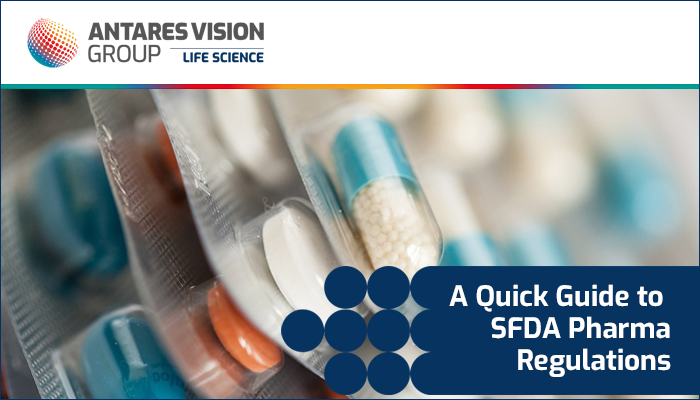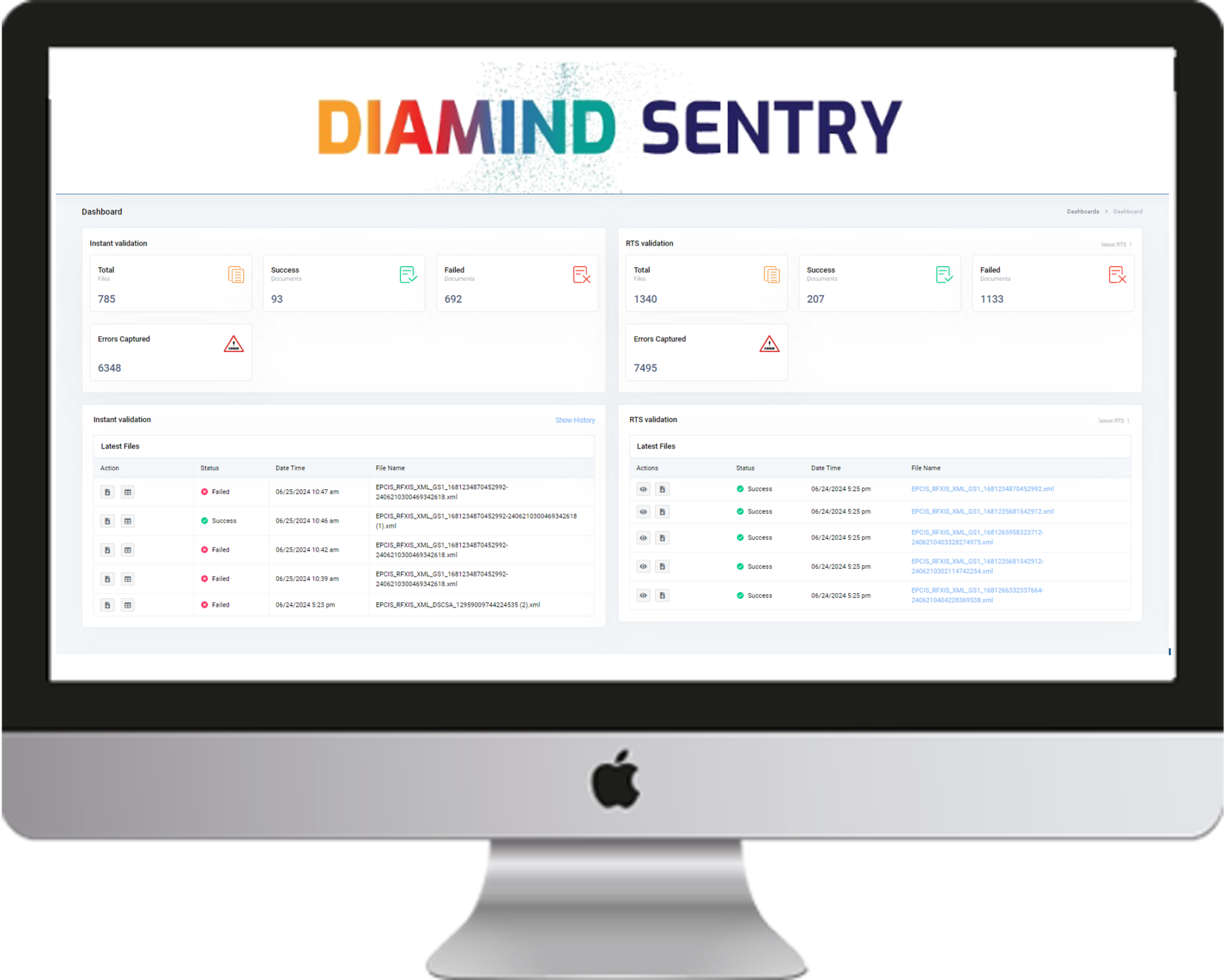Saudi Arabia is the first of the six countries in the Gulf Cooperation Council to require drug traceability. Initiated by the Saudi Food and Drug Authority (SFDA), the Drug Track and Trace System (RDS) tracks all human registered drugs that are manufactured in Saudi Arabia or imported to the country.
SFDA is charged with ensuring the safety of human and veterinary drugs. It also oversees biological substances, chemicals, and electronic products. It has three primary objectives: preventing counterfeit drugs, improving drug availability, and achieving drug safety. To meet these goals, it is working to monitor all supply chain operations, gather reliable data about commonly counterfeited drugs, and utilizing technology (e.g., smartphones) so patients can get information about medications and receive real-time notifications about recalled drugs or similar warnings.
RDS is a standardized identification system that tracks drugs from the manufacturer to the patient. It adopts GS1 standards and applies to all pharmaceutical products on the Saudi market, including over-the-counter (OTC) medicines. According to GS1, Saudi Food and Drug Authority (SFDA) is working on similar requirements for medical devices and cosmetics.
Saudi regulations stipulate that all drugs must be marked with a GS1 Data Matrix barcode that contains, at minimum, the GS1 Global Trade Identification Number (GTIN), the expiry date, and the batch/lot number. This information must also be printed on labels. All transactions for drug packages must be reported to a national Drug Track & Trace System (DTTS), and all manufacturers licensed by the SFDA must acquire a Global Location Number (GLN).
Every registered drug in the Saudi market is assigned a Saudi Drug Code (SDC) that contains four variables: a fixed prefix, the year, a letter to identify the type of drug, and a serial number (e.g., SFDA12D001). The SDC will eventually replace the current code.
Furthermore, Saudi Food and Drug Authority will require products to be aggregated beginning October 1, 2019. All individual saleable units must be linked to the case they’re shipped in.
The SFDA and SDC requirements are complex and will be challenging for an array of stakeholders, including manufacturers, warehouses, and pharmacies. The aggregation requirement is particularly pressing, especially for companies that have not begun to prepare for the October deadline. To comply with the aggregation regulations, they’ll have to ensure their packaging lines are prepared, coordinate with trading partners, and have systems that can capture and report data to the DTTS.
rfxcel is ready to help your company comply with all Saudi regulations. We’re cultivating a presence in the region, including being an exhibitor at this year’s CPhI Middle East & Africa (MEA) conference in Abu Dhabi, United Arab Emirates. Our Traceability Platform (rTS) can help you keep track of all the products in your supply chain and ensure you’re complying with all SFDA and SDC requirements — or regulations in any country. Contact us for more information. Our supply chain experts are ready to help!





